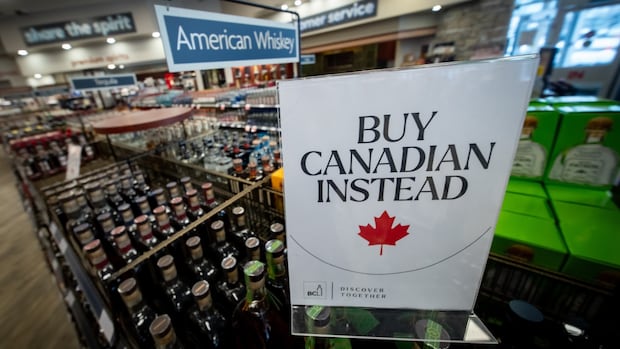U.S. Treasury Secretary Scott Bessent expressed optimism on Monday regarding the U.S. Supreme Court’s potential support for President Donald Trump’s utilization of a 1977 emergency powers statute to enforce extensive tariffs on most trading partners. Bessent mentioned that a contingency plan is in place if the court ruling does not favor the administration.
In preparation for the government’s appeal to the Supreme Court, Bessent disclosed that he is drafting a legal brief for the U.S. solicitor general emphasizing the urgency to address longstanding trade imbalances and prevent the influx of lethal fentanyl into the country.
Following a divided decision by the U.S. Court of Appeals for the Federal Circuit, which deemed most of Trump’s tariffs as illegal, the administration was granted until October 14 to lodge an appeal with the Supreme Court while allowing the tariffs to remain effective.
The court’s ruling specifically targeted the “reciprocal” tariffs imposed by Trump in April as part of the trade war, along with separate tariffs from February aimed at countries like China, Canada, and Mexico to combat fentanyl imports, without affecting tariffs imposed under other legal provisions.
Trump’s justification for these tariffs, including recent ones, was grounded in the 1977 International Emergency Economic Powers Act (IEEPA), granting the president authority to address national emergencies due to “unusual and extraordinary” threats.
In ongoing trade negotiations between Canada and the U.S., the deadline of August 1 to resolve the tariff dispute elapsed without a resolution. Prime Minister Mark Carney announced the removal of most counter-tariffs on U.S. goods in an effort to revive negotiations, citing the need to address sticking points without providing specific details.
Expressing his confidence in the Supreme Court’s support for Trump’s actions, Bessent highlighted the legitimacy of combating the fentanyl crisis as a national emergency, emphasizing the urgency to tackle the issue. He also mentioned alternative authorities, such as Section 338 of the Smoot-Hawley Tariff Act of 1930, that could be utilized to impose tariffs against countries discriminating against U.S. commerce.
Regarding the trade deficit issue, Bessent stressed the escalating deficits as a potential tipping point, necessitating immediate action to prevent severe consequences. Dismissing concerns about tariffs fostering closer ties between countries like Russia, China, and India, Bessent critiqued a recent gathering in Shanghai as symbolic and emphasized the need for the U.S. and allies to take a stand against such actions.
Additionally, Bessent highlighted progress in persuading Europe to support Washington’s stance against India’s purchases of Russian oil, hinting at potential additional tariffs. Concerning China, he noted potential challenges in finding alternative markets outside traditional regions due to income disparities.
Overall, Bessent reiterated the administration’s commitment to addressing trade imbalances and national security threats while navigating complex global trade dynamics.



